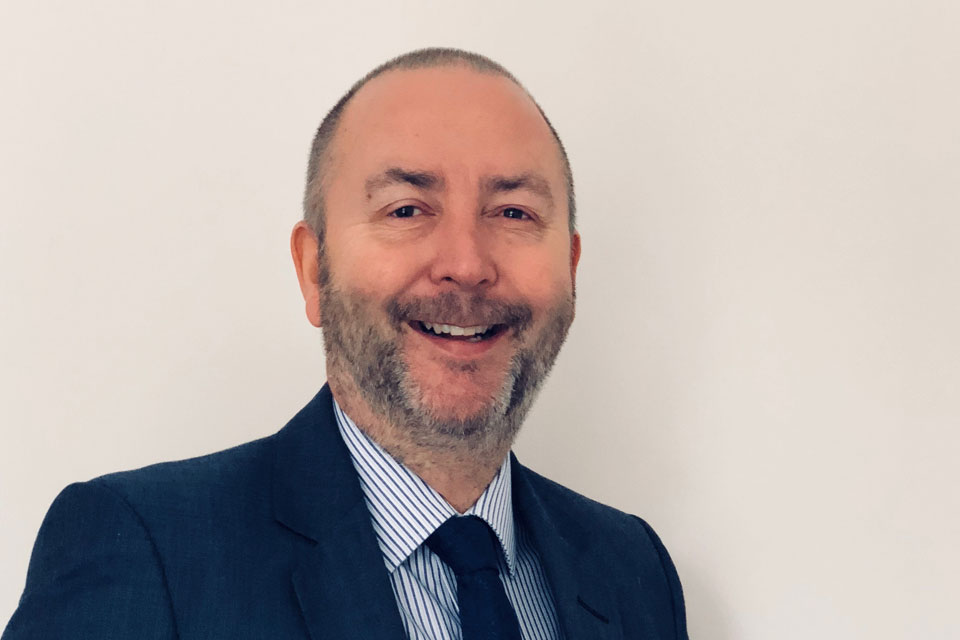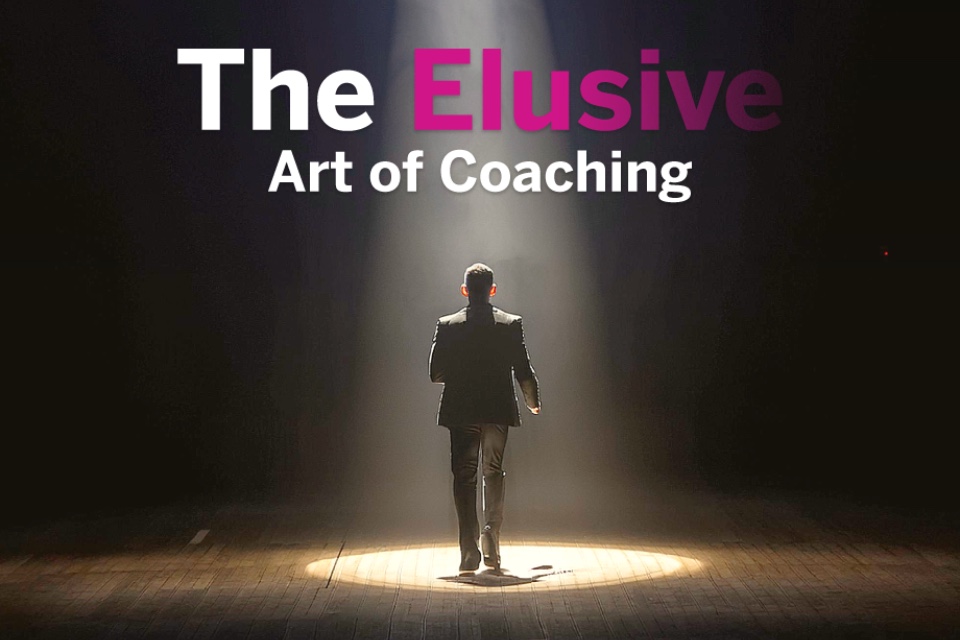By Glenn G Jones, GGJ Global Consulting Limited
Note: This article is drawn from the book Human Resources Changes the World by Glenn G Jones.
As someone who is passionate about HR (and I really do mean that) and because of my research on where HR is today and what it needs to do in the future, I have come across the first question almost on a daily occasion across many different countries, forms (mediums) and thoughts (the same question but put slightly different).
The interesting point and one of the reasons why I wrote my book (1) was to see if there was any merit in the question “is HR dead?” By the way I am not an alarmist and I will be looking at aspects of my book in the future when I do my PhD/DBA.
The answer to both questions above i.e. is HR dead and why old HR doesn’t work is quite simple, so this might be a very short article; the value that HR gives today generally is not where it should be and sadly the answer is “it’s pretty close to being dead if, HR doesn’t change and evolve”.
How do I know this? There was some fantastic global research which looked statistically at where HR spends most of its time and on average this only equated to around 28% in the value-added part. In addition, what is the modern-day role of HR and where can I find the core elements of what the role should be doing? I here lots of people talk about what HR should be e.g. Dave Ulrich (2) mentions ‘being a credible activist’ and the CIPD (3) quote the following:
“HR is about helping an organisation to create value through its people – literally providing human resources. The work of an HR professional will vary depending on the type and size of their organisation, but could include recruiting people, training and developing employees, and helping to decide how staff should be paid and rewarded. There are even roles which focus on employment law…..”
Just looking at the above, what is the definition of creating value and what does providing human resources mean both now and in the future? Also, ask yourself, where are you spending the majority of your time and is what you are working on the priority or aligned to the company’s strategy and vision? And if it’s not, please re-evaluate your plans and adjust accordingly.
For me there is a missing #HRNorthStar which isn’t giving HR the direction of what the value add is in the 21stCentury; what are the primary areas of focus e.g. in the board room are you as HR professional influential, is HR helping the CEO shape the future and how much admin are you doing vs real HR Business Partnering.
Without this and in my opinion, HR is generally just drifting along doing the same old things that they have done and adding very little value to companies, employees, Boards and CEO’s. Please don’t let the mantra of:
“it’s always been done this way so why change”
guide you forward in your HR career.
I am being harsh, but when we talk about robots I do wonder whether the function has gone into robot mode without the AI piece!
To take this a stage further, there is a general perception about the value that HR brings to most organisations. I remember once when I was speaking to a friend, he asked me what I did and of course I said I worked in HR, to which he replied “Ah, Human Remains!” I set him straight on that pretty quickly but he thought that it was funny.
There are numerous other things that need to be addressed and changed but let me just leave you with one more which I touched on above; HRDs or CPO (Chief People Officers) need to be more active and present in the board room. There is absolute value in HR being in the boardroom and in my opinion HR people being the next CEO, BUT there are multiple changes that need to be addressed which again I touch on in my book e.g. mindset, behaviours, career path, change of the CEO blueprint etc.
Conclusion: It’s the 21st Century and not the dark ages anymore and for the benefit of all, it’s time that HR takes a really good look in the mirror and decides once and for all the future of itself.
HR is on the brink and I am very optimistic that if there is a #HRNorthStar which is set and continually evolved as we go forward, and the relevant institutions and academia around the world get this right then the HR of today won’t be the HR of tomorrow.
Please take a good look in the mirror and say to yourself “are you settling for the norm or can you be that catalyst for change?”
- Jones, Glenn Human Resources Changes the World (Panoma Press, 2018)
- https://www.linkedin.com/pulse/how-get-invited-table-become-credible-activist-dave-ulrich/
- https://www.cipd.co.uk/new-hr-learning-development/about
–
Glenn is a freelance HR consultant (MSc, Chartered Fellow of CIPD and Fellow of CIPP) and has worked with Bank of America, HSBC, Ecolab and Imperial Brands in multi-discipline strategic and operational roles across the world. Prior to this he was employed Eversheds LLP, Accenture, Koorb (NZ) and EON as well as numerous other companies. He is working his way to his PHD, becoming a future CEO and evolving his HR consultancy business to ensure that he continually adds value to his clients, now and in the future. Glenn is passionate about coaching, emotional intelligence and company evolution. His new book ‘Human Resources Changes The World’ aims to disrupt the field of HR and change the traditional approach to who becomes a CEO.






